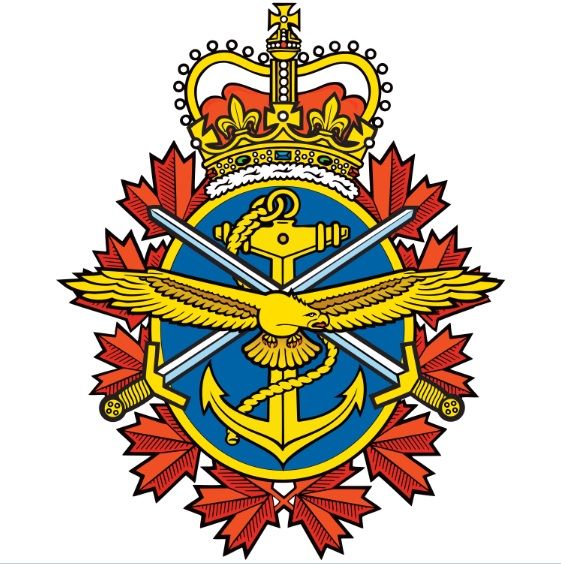**** DND Media Release
Complete Victims’ Rights and Summary Hearing Implementation Comes into Force within the Military Justice System
Today marks an important milestone for the modernization of the Military Justice System and a critical step forward that will support our efforts to effect lasting culture change in the Canadian Armed Forces (CAF).
The remaining provisions of An Act to Amend the National Defence Act and to Make Related and Consequential Amendments to Other Acts (formerly known as Bill C-77) came into force, implementing the Declaration of Victims Rights, the Summary Hearing process, and other key changes to the Military Justice System.
The Declaration of Victims Rights establishes new rights for victims of service offences including rights to information, protection, participation and restitution. These rights are fully aligned with the rights afforded to victims in the Canadian Victims Bill of Rights.
All victims of service offences will be able to request a Victim’s Liaison Officer to help them navigate the MJS and explain how service offences are charged, dealt with and tried under the Code of Service Discipline. The Victim’s Liaison Officer will also assist them in obtaining and transmitting information to which the victim has a right under the Declaration of Victims Rights relating to the investigation and proceedings of a service offence.
The implementation of the remaining provisions of Bill C-77 also introduces the summary hearing process, a non-penal, non-criminal disciplinary process grounded in administrative law principles; and retires the criminal law-based summary trial process. Additionally, existing court martial processes are updated to align with the changes introduced with the implementation of Bill C-77, including the Declaration of Victims Rights.
These changes to the Military Justice System aim to strengthen it on several fronts, completing the implementation which started with the provisions of Bill C-77 that came into force immediately upon Royal Assent, such as those concerning sentencing principles that consider offences motivated by bias, prejudice and hate as an aggravating factor for sentencing and direct court martial to pay particular attention to the circumstances of Indigenous offenders, as well as changes to criminal records for service offences.
Quick Facts
- On May 10, 2018, the Minister of National Defence introduced Bill C-77,An Act to amend the National Defence Act and to make related and consequential amendments to other Acts(the Act) in the House of Commons. The Act passed the Senate without amendment and received Royal Assent on June 21, 2019.
- The military justice system is a separate system of justice with many of the same underlying principles as the civilian justice system and subject to the same constitutional framework.It has exclusive jurisdiction over offences that are military in nature and it has concurrent jurisdiction over most offences created by Acts of Parliament, including theCriminal Code of Canada.
- Budget 2022 provided $100.5 million over six years, starting in 2021-22, for a series of measures to advance culture change in the Department of National Defence (DND) and the CAF, including modernizing the military justice system and bringing into force the Declaration of Victims Rights as set out in theNational Defence Act.
- The regulatory development process in support of the full implementation of Bill C-77 is the largest and most significant update to theQueen’s Regulations and Orderssince 1999.
- More than 230 separate regulatory amendments were introduced to the QR&O to support the coming into force of the remaining provisions of Bill C-77 on June 20, 2022.
- DND/CAF conducted extensive consultations with stakeholders, subject matter experts, and victims of service offences throughout the process of developing the regulations, policies, and training supporting the Victims’ Rights and Summary Hearing Implementation.




